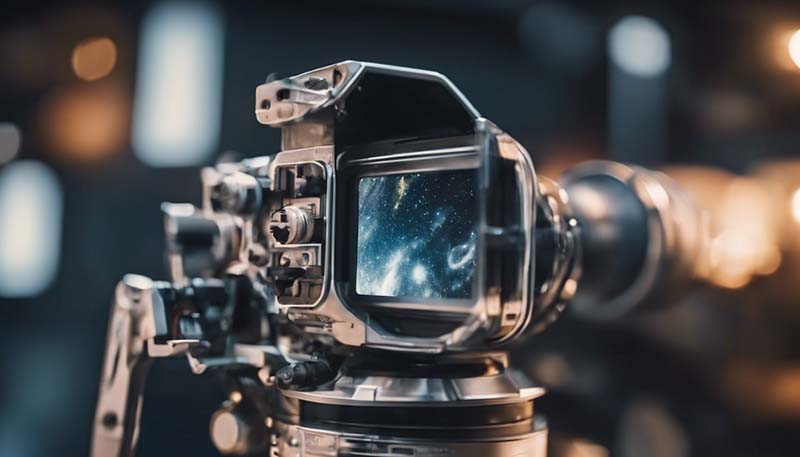Introduction
The rapid advancement of space technology and the increasing interest in space exploration have led to the emergence of new challenges in the field of space law.As humanity ventures further into the cosmos,it is essential to adapt existing legal frameworks and develop new ones to ensure responsible and sustainable space activities.This article will discuss the future of space law,focusing on the need for adaptation to new technologies and the challenges that lie ahead.
Historical Background of Space Law
Space law is a relatively young field,with its roots in the mid-20th century.The Outer Space Treaty of 1967,also known as the Treaty on Principles Governing the Activities of States in the Exploration and Use of Outer Space,including the Moon and Other Celestial Bodies,is the foundation of international space law.It establishes the principle of the peaceful use of outer space and the concept of "international responsibility" for space activities.
New Technologies in Space Exploration
1.Reusable Launch Vehicles
Reusable launch vehicles,such as SpaceX's Falcon 9 and Blue Origin's New Shepard,have revolutionized space transportation by significantly reducing the cost of accessing space.This technology has the potential to increase the number of space launches and the variety of actors involved in space activities,necessitating the development of new legal frameworks to address the increased risks and liability concerns associated with space launches.
2.Satellite Constellations
Satellite constellations,such as SpaceX's Starlink and OneWeb,aim to provide global internet coverage by deploying large numbers of small satellites in low Earth orbit.These constellations raise concerns regarding space debris,radiofrequency interference,and the long-term sustainability of space activities.Space law must adapt to address these concerns and ensure the responsible use of space resources.
3.In-Situ Resource Utilization (ISRU)
In-situ resource utilization refers to the extraction and processing of materials found in space,such as water and minerals,for use in space activities. As space exploration moves beyond Earth and the Moon,the potential for ISRU becomes increasingly relevant.Space law must address the legal status of space resources,the rights of states and private entities to access and utilize these resources,and the potential for conflicts arising from competing interests in the use of space resources.
As space exploration moves beyond Earth and the Moon,the potential for ISRU becomes increasingly relevant.Space law must address the legal status of space resources,the rights of states and private entities to access and utilize these resources,and the potential for conflicts arising from competing interests in the use of space resources.
Challenges in Space Law
1.National Regulation vs.International Cooperation
The current framework of space law is based on international cooperation and the principle of shared responsibility.However,as more states and private entities become involved in space activities,there is a growing need for national regulation to address domestic concerns and ensure compliance with international obligations.Balancing national interests with the need for international cooperation is a significant challenge for the future of space law.
2.Addressing Space Debris
Space debris is a pressing issue that poses a threat to both manned and unmanned space activities.The current legal framework does not provide adequate mechanisms for addressing the problem of space debris,and new regulations are needed to mitigate its impact on the space environment and ensure the safety of future space missions.
3.Protecting Astronaut Safety
As space activities become more accessible and commercialized,the safety of astronauts and space professionals becomes an increasingly important concern.Space law must address the need for safety standards,training requirements,and liability provisions to protect the well-being of those involved in space activities.
Conclusion
The future of space law is uncertain,but it is clear that new technologies and challenges will require significant adaptation and development of existing legal frameworks.International cooperation,national regulation,and a commitment to responsible and sustainable space activities are essential to ensuring the continued growth and success of space exploration.As humanity ventures further into the cosmos,it is crucial to establish a robust legal framework that supports the responsible use of space resources and protects the long-term sustainability of space activities.
Leave Your Comments